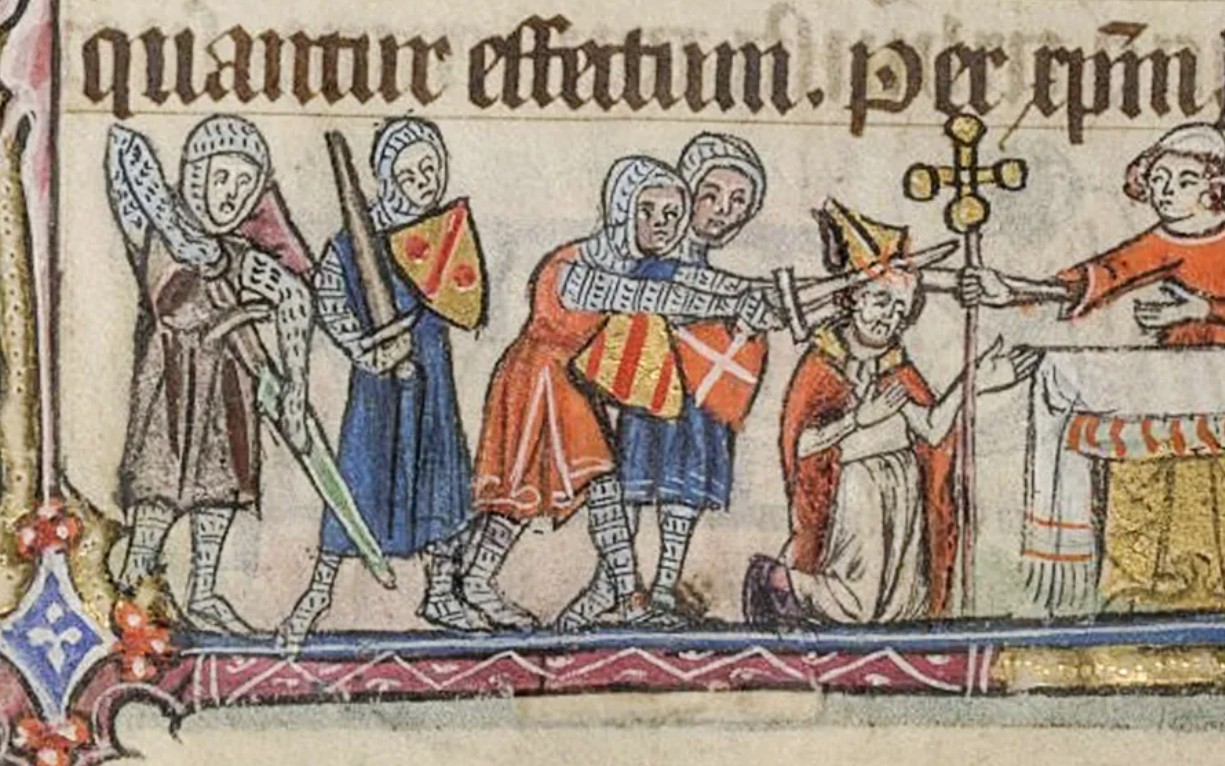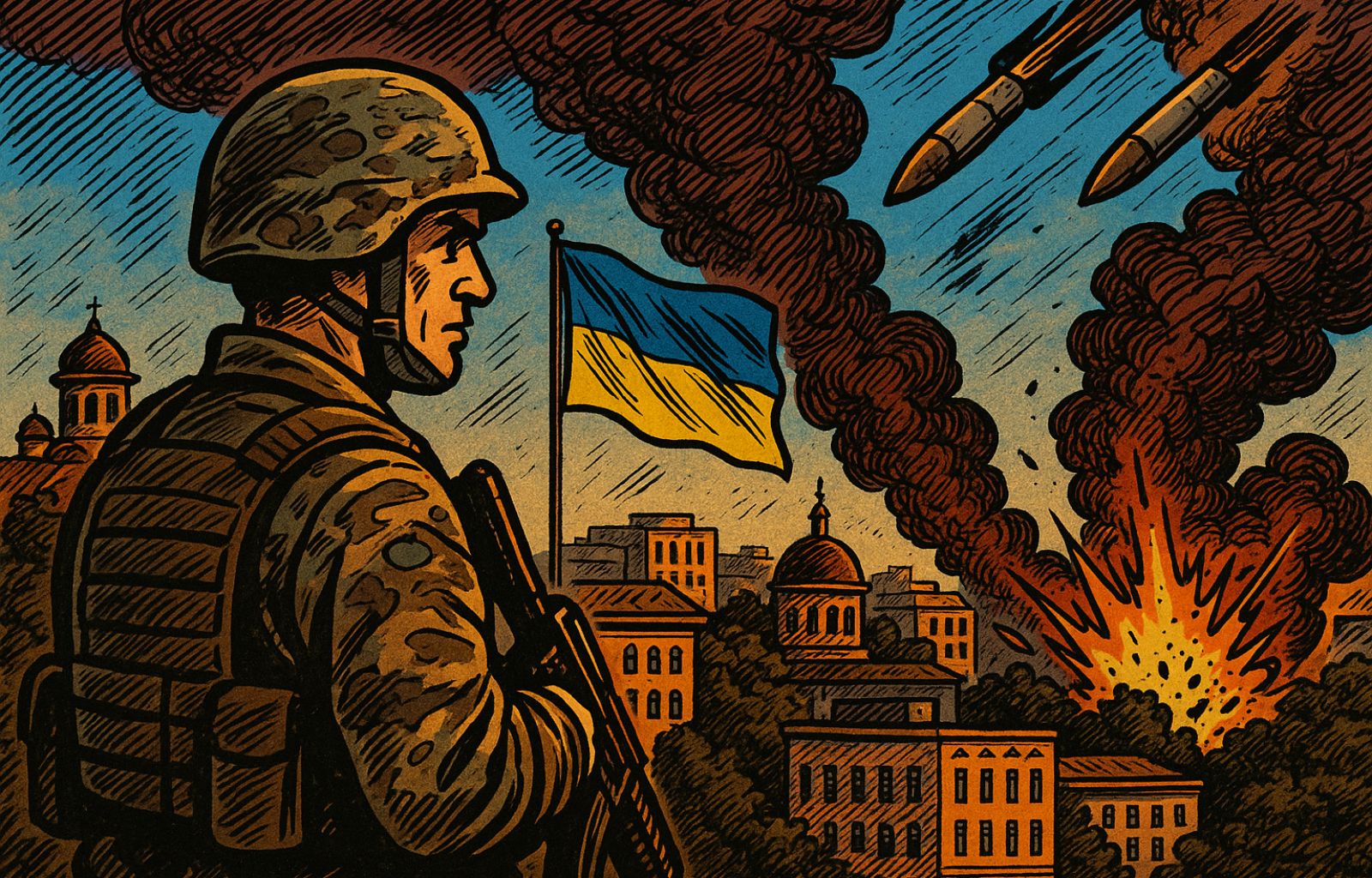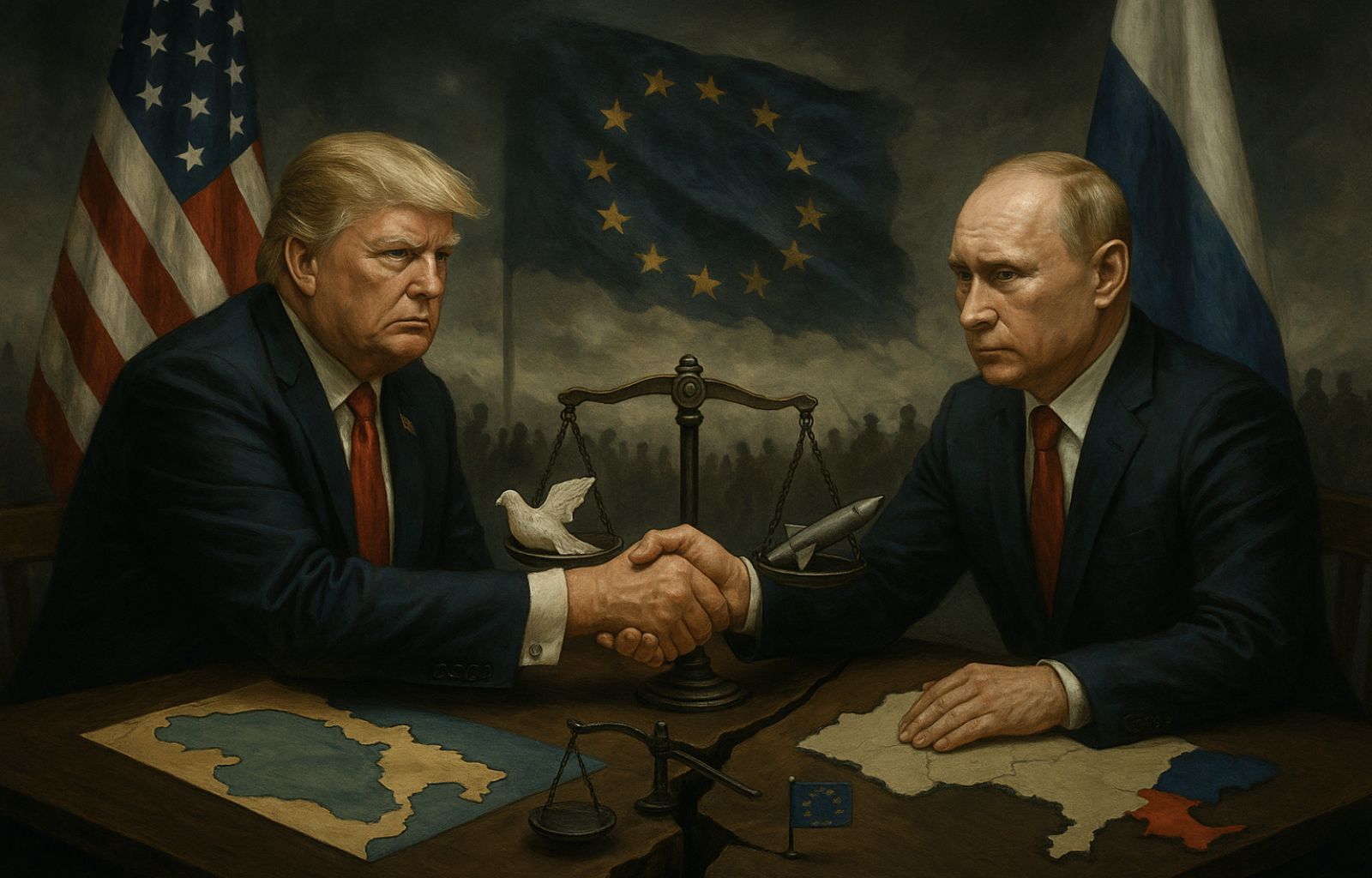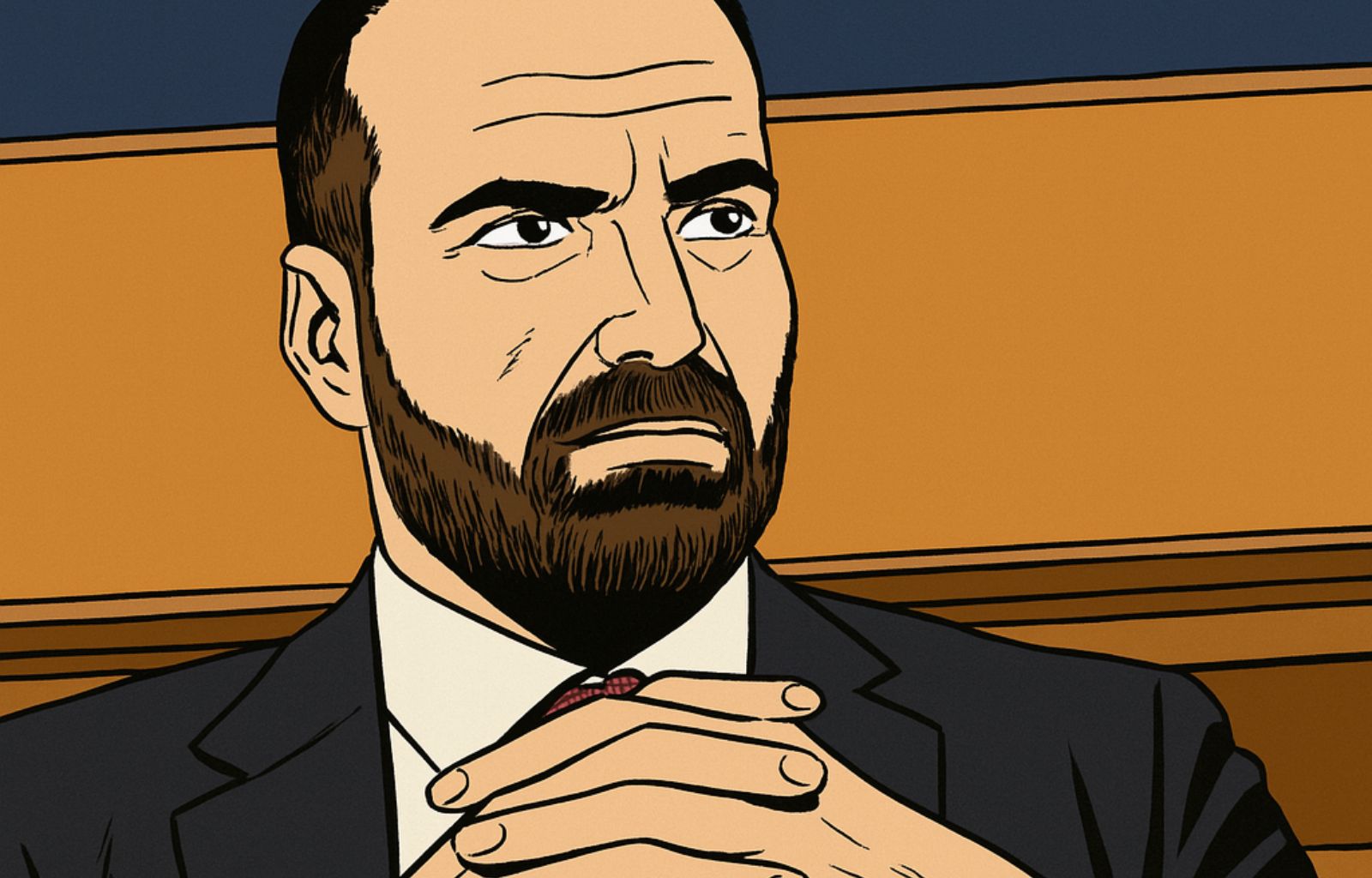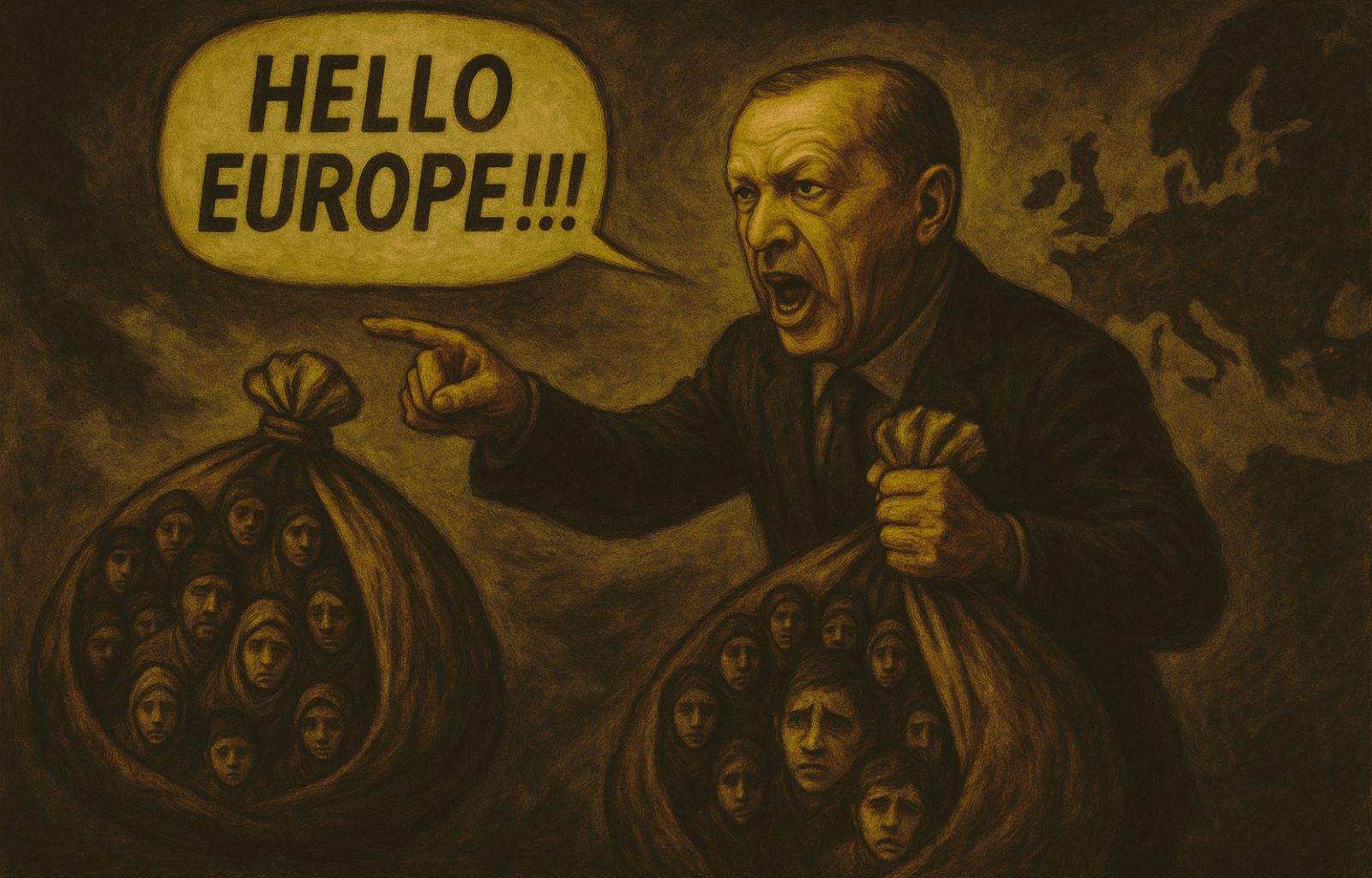Von der Leyen saves the chair, but Europe misses a chance to be clear

The no-confidence motion against European Commission President Ursula von der Leyen was rejected with 360 votes against, 175 in favour and 18 abstentions. A predictable result, but far from trivial. Not only for its political significance a few days before the appointment of the European summits, but above all for the positions – or rather, the ambiguities – taken by the main Italian parties.
The missing votes include those of the delegation of Brothers of Italy, which chose abstention by absence: a not very courageous way of distancing itself from a key passage for European parliamentary democracy.
But no less ambiguous appeared the position of the Democratic Party, which – despite having expressed support for von der Leyen for a second term – now finds itself in contradiction with many of its own criticisms of the method by which the German leader has sought a majority, in particular with its openness to support from conservatives and part of the extreme right.
The motion and its context: a political vote, not just a symbolic one
The initiative, presented by extreme right-wing sovereignist groups (including Identity and Democracy and part of the Conservatives and Reformists, the group where Brothers of Italy is enlisted), was born as an act of opposition to the path that led to von der Leyen’s political reappointment by the European Council. In particular, the promoters accuse the Commission president of having betrayed her original mandate, having sought the support of the socialists and liberals, and of wanting to continue a ‘federalist’ and environmentalist policy, in contrast to their nationalist positions.
However, if the no-confidence motion had no realistic chance of passing, it was still a political test. Voting meant taking responsibility for a line consistent with one’s own vision of Europe.
Against this backdrop, FdI’stactical abstention appeared to be a balancing act: not formally supporting von der Leyen, but not even going out on a limb with a vote against, so as not to jeopardise the ongoing negotiations on the future shape of the Commission and a possible future dialogue with the EPP.
Fratelli d’Italia: the opposition that doesn’t dare
It is here that all the inconsistency of Giorgia Meloni and her party emerges. Brothers of Italy ran for office in Europe as an identity force, an ‘alternative to the socialists and liberals’, opposed to the Green Deal, and hostile to any hypothesis of reinforced integration of the Union. Yet, at the moment when its delegation could have sanctioned its distance from the ‘von der Leyen system’ with a vote, it chose not to participate.
A non-choice, which reveals the dilemma of those who aspire to count in Europe but have not yet decided whether to play by the EU rules or continue to ride a rhetorical nationalism. In other words, Fratelli d’Italia has preferred silence to assuming responsibility. A silence that sounds like an admission of weakness.
The PD and alternating current pro-European rhetoric
Different, but no less problematic, is the case of the Democratic Party.
The ‘dems’ voted against the no-confidence, supporting the president of the Commission, in line with what was expressed in the European Council by the PSE heads of state and government. But support for Von der Leyen now appears, in the eyes of many progressive voters, as a passive ratification of an opaque process.
The PD has repeatedly denounced – in words – the intergovernmental method that has effectively marginalised Parliament in the appointment of EU leaders.
Yet it has endorsed the agreement that confirmed von der Leyen and imposed Antonio Costa (PSE) at the European Council, renouncing any real battle on the programmatic contents.
Moreover, he avoided any critical confrontation on the fact that the Commission president could also count on the (more or less silent) support of a part of the conservatives, and therefore potentially of the Fratelli d’Italia themselves.
That of the PD is therefore only an apparent coherence, which seeks to defend formal Europeanism without really addressing the problem of the democratic quality of European decision-making processes. A pro-Europeanism that stops at the surface, avoiding the real knots: the lack of transparency, the absence of a real debate on political alliances, the risk of a slide towards a centrist compromise that empties electoral programmes of meaning.
A Europe increasingly distant from its citizens
The greatest risk, at this stage, is not so much the reappointment of Ursula von der Leyen – who remains a solid, moderate figure with a clear Atlantic and pro-European profile – but the way this reappointment is taking place: with summit agreements, unreadable negotiations, and a growing distance between institutions and citizens.
The lack of political courage of the Italian parties – from Brothers of Italy, which does not dare to take a stand, to the PD, which accepts everything in the name of stability – contributes to this disaffection. TheEurope of compromises is necessary, but it must remain readable and legitimate.
When compromises turn into ambiguities, and alliances are defined outside of any debate, the sense of estrangement from the European institutions grows.
Conclusion: we need more policy, not less
The vote on the no-confidence motion did not change the balance, but it revealed the fragilities of European politics. It has shown how the European Parliament, despite having a central role, struggles to fully exercise its democratic function. And it revealed the difficulty of Italian parties in dealing with this complexity, often preferring tactical ambiguity to programmatic clarity.
Those who proclaim themselves pro-European – like the PD – should fight for a more transparent, political and participatory European Union. Those who claim to be sovereignists – like Fratelli d’Italia – should have the courage to explain to citizens why they continue to want to count in Europe while despising its institutions.
At a historical moment marked by international tensions, environmental crises and epochal economic challenges, Europe needs leaders who know how to decide and take responsibility, not strategists of silence or accomplices of conformity.



